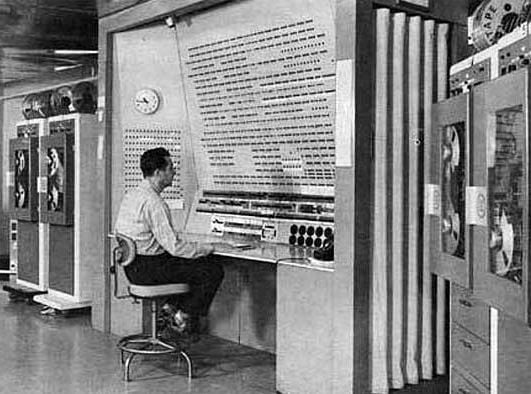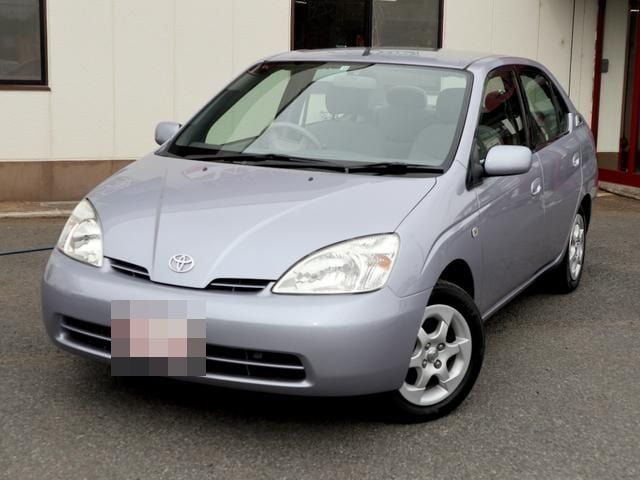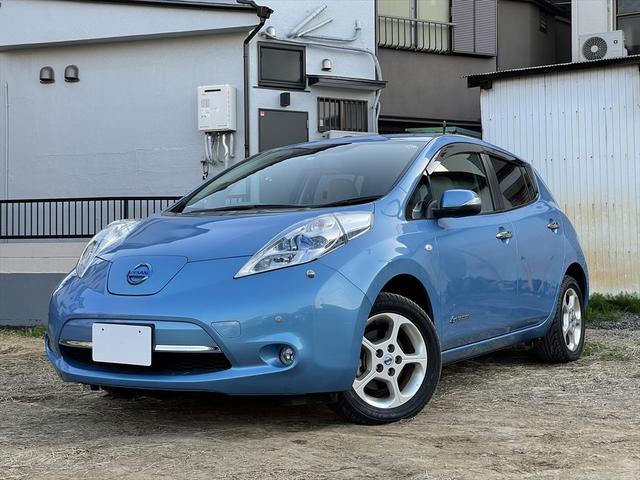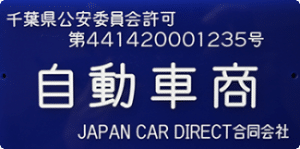SB: Well, yes, a lot of sitting in front of the computer, for sure! But, rather than waiting, the time was very much spent trying to figure out how to get it done. Looking back, as you often hear it said: If I had known how much work it was gonna be and how many hours it was gonna take, I probably would never have started. Of course, one of the first things I spent time on was getting a website up and running, so potential customers could find us. Also, we had to get the basic building blocks in place: securing our Japanese used vehicle dealer’s license, and becoming a member of a local used vehicle dealer auction house to get a foot in the door.
DP: Looking back on it now, what was the single biggest barrier that could have stopped JCD in its tracks in those first months and years?
SB: Well, as we were a DIY start-up company, if we’d had no Japanese language ability, we could never have got it going in the first place, nor could we have become successful. I mean, have you seen those handwritten auction sheets!? Worse than chicken scratches, some of them look like a bunch of chickens had a barn dance!
By the way, these days, we do have a section on our website, here, about how to read the auctions sheets.
DP: Do you remember the very first used car that you exported from Japan? What was it? Where did it go?
SB: The first car I exported was a 15-year-old Celsior (Lexus LS 400)
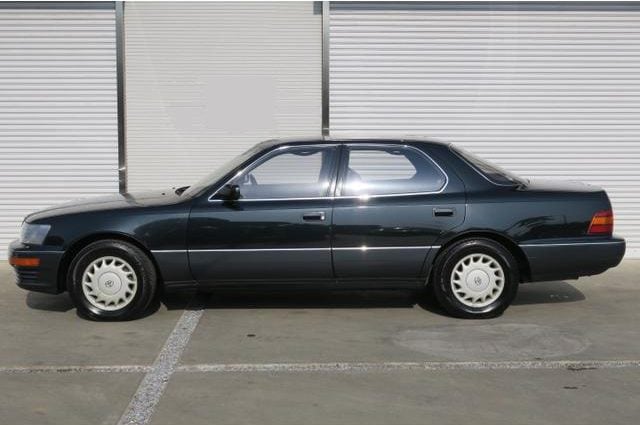
to a Canadian buddy. That was, of course, key as it was like “forced learning.” We knew it was possible to export vehicles and what better way to learn how than by doing it. That car actually ended up in his garage for a couple years until his wife got sick of it taking up space and, when he was away on business, she sold it cheap to a local movie company in Vancouver.
DP: Do you remember the second car?
SB: Yes, the second car was a Suzuki Carry mini truck
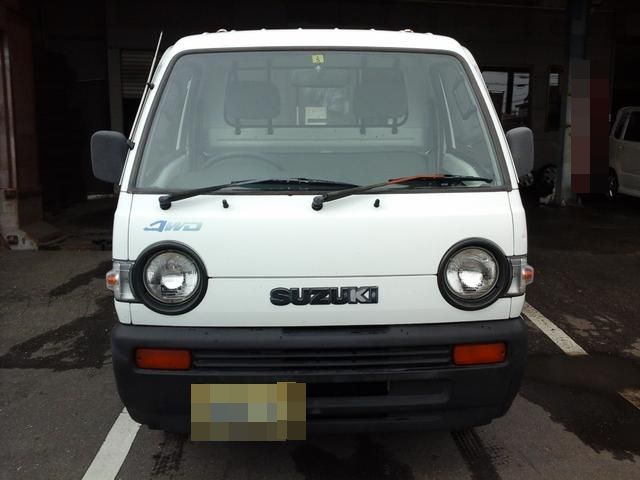
that I exported to my brother-in-law in Edmonton.
For that one, I went to Canada to go thru the process with him so I could really understand how things worked on the import side as well. First, we got a permit from the transport office so we could drive it before it was registered. Then we headed down to the CN railyard to pick it up. It had already cleared customs in Vancouver, so it was ours to get on the road. Such a big Prairie sky, such a little truck!
(Note to our readers from Dave: Information about the regulations for importing a used Japanese vehicle to Canada can be found on our Japan Car Direct website, here.)



